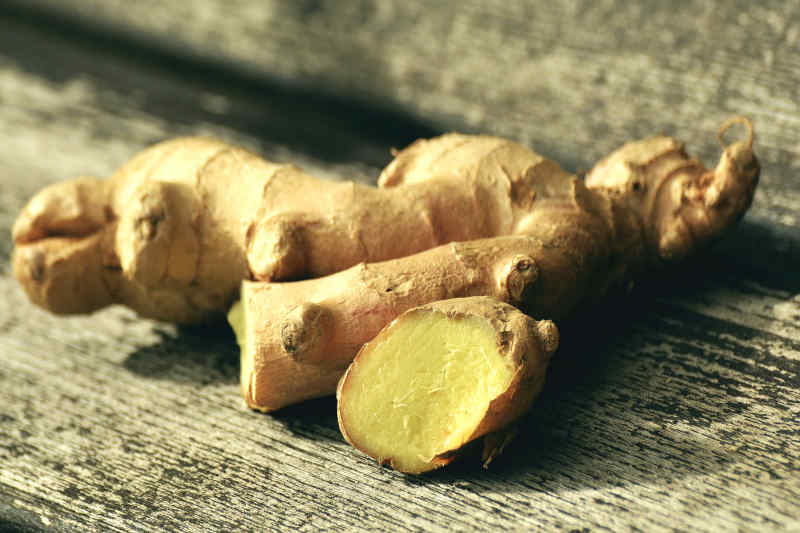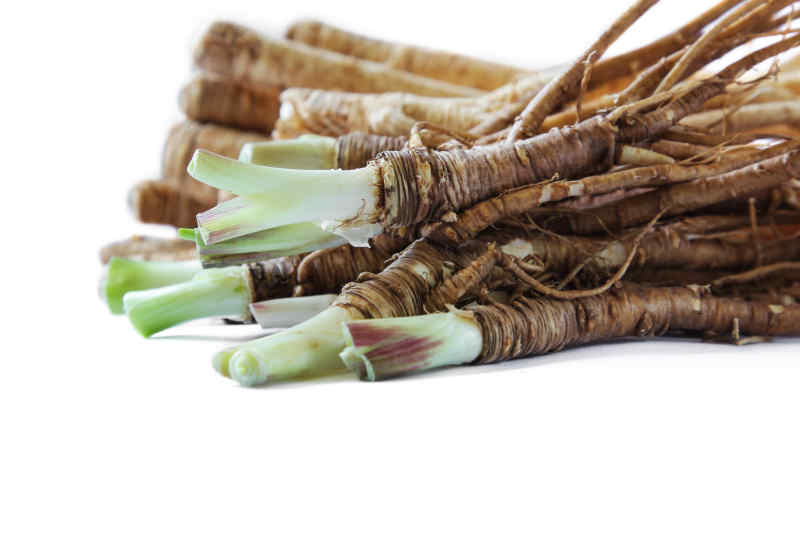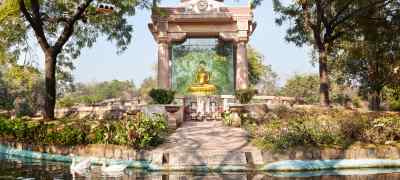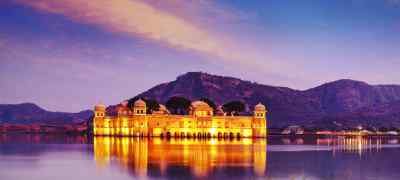By Jessica Russo
Ahhh, Asia. Breathe in and smell the earthy musk of lush trees and fragrant flowers. It's no secret that natural remedies are all the rage these days. But, did you know that many of them come from this single continent?
Asia is as much a medicinary as it is a whimsical world of diverse culture and natural beauty. Plan on visiting? Be sure to pay attention to the soil beneath your feet and take note of all the plants around you. You never know what you'll find on a nature walk!
Cinnamon
Where is it grown?
A great deal of cinnamon is grown in Sri Lanka, India, Indonesia, Vietnam, China, and Myanmar.
What are its benefits?
- High source of powerful polyphenol antioxidants
- Contains anti-inflammatory properties
- Fights diabetes and controls blood sugar levels
- Lessens the risk of heart disease
- Helps maintain cognitive ability and protects brain function
- Serves as a great anti-acne/complexion enhancer!
Did you know:
Cinnamon actually comes from tree bark! Specifically, it comes from the inner layer of bark derived from a variety of trees that belong to the genus Cinnamomum. Farmers shave the outer bark of the trees, then shave off the inner bark - and that's your cinnamon layer!
Ginger
Where is it grown?
India is the #1 ginger producer, followed by China and Indonesia.
What are its benefits?
- Highly effective against nausea and eases general stomach discomfort
- Contains anti-inflammatory properties
- Lowers blood sugar and improves heart disease risk factors
- Helps chronic indigestion
Did you know:
The analgesic and anti-inflammatory effects of ginger have been proven to soothe cramps, arthritis, and sore muscles! Next time you work out a little too hard and can't lift your arms, try ginger.
Turmeric
Where is it grown?
Mainly southern India, but also across south Asia
What are its benefits?
- Contains bioactive compounds with powerful medicinal properties, including curcumin
- Curcumin is a natural, powerful anti-inflammatory
- Improves brain function and a lowers risk of brain disease
- Has to potential to prevent Alzheimer's Disease
- May help prevent cancer
- Loaded with antioxidants
- Accelerates metabolic rate, which may lead to weight loss
- Serves as a stomach soother, treats gastrointestinal issues
Did you know:
This golden spice is a member of the ginger family! Turmeric is a rhizomatous herbaceous perennial plant of the Zingiberaceae species - same as ginger. Both ginger and turmeric boast amazing health benefits, and are used throughout Asian cuisine!
Chamomile
Where is it grown?
This pretty herb is native to India and western Asia.
What are its benefits?
- Fights stress, anxiety, and depression
- Induces sleep and relaxes the body
- Treats muscle spasms, cramping, and upset stomach
- Treats ulcers and acid reflux
- Natural anti-inflammatory
- Natural antihistamine - fights common allergies!
Did you know:
Chamomile can also be used as a beauty product! It can be used as an acne scar treatment and as a natural moisurizer, as it delivers rich antioxidants deep into the skin. This powerful little flower can also be used as a natural hair lightener - brighten those locks!
Dong Quai/Angelica Sinensis
Where is it grown?
China, China, and umm, China.
What are its benefits?
- Remedy for female health issues
- Aids in fertility and hormonal balance
- Treats fatigue and mild anemia
- Regulates high blood pressure and helps poor circulation in both men and women
- Anti-spasmodic - eases cramps and discomfort
Did you know:
Dong Quai has been used for thousands of years in traditional Chinese medicine! It is used orally as a "blood purifier" and eliminates tons of blood-related toxins and issues.
Goji
Where is it grown?
China, Mongolia, and the Tibetan Himalayas
What are its benefits?
- Contains high levels of antioxidants and nutrients
- Improves immune fuction - even fights cancer!
- Promotes healthy skin and contains anti-aging properties
- Helps stabilize blood sugar
- Detoxifies liver
- Boosts energy levels and supports positive moods
Did you know:
Goji berries are also called "wolf berries!" They are usually sold in dried form and can be found in specialty food stores. Making a smoothie or trail mix? Throw in some goji!
Licorice
Where is it grown?
This plant originated in southern Asia (mainly India) and has spread to the Middle East and into southern Europe.
What are its benefits?
- Treats various digestive and gastrointestinal issues including stomach ulcers, heartburn, and inflammation
- Cleanses the respiratory system
- Reduces stress by stimulating the adrenal gland, promoting healthy levels of cortisol
Did you know:
Licorice has been popular since the days when the Bible was still being written! Alexander the Great, the Scythian armies, Roman Emperor Caesar, and India's great prophet, Brahma, have all, on record, endorsed the beneficial properties of licorice. Large amounts of it were even discovered in Emperor King Tut's tomb!
Astragalus
Where is it grown?
This perennial plant is native to northern and eastern pasrts of China, as well as Mongolia, and Korea.
What are its benefits?
- Acts as an anti-inflammatory
- Slows, or even prevents, the growth of tumors
- Supports the cardiovascular system
- Regulates and prevents diabetes (and related illnesses)
- Contains antioxidants and anti-aging capabilities
Did you know:
While it is one of the most important and commonly used herbs in Traditional Chinese Medicine, Astragalus is known to have some serious side effects, such as aggravation of autoimmune disorders, bleeding issues, and blood pressure complications.
While natural, these herbs are potent - and not always in a good way! If you have any pre-existing medical conditions, be sure to check with your doctor before starting any new supplements or health regiments.

















